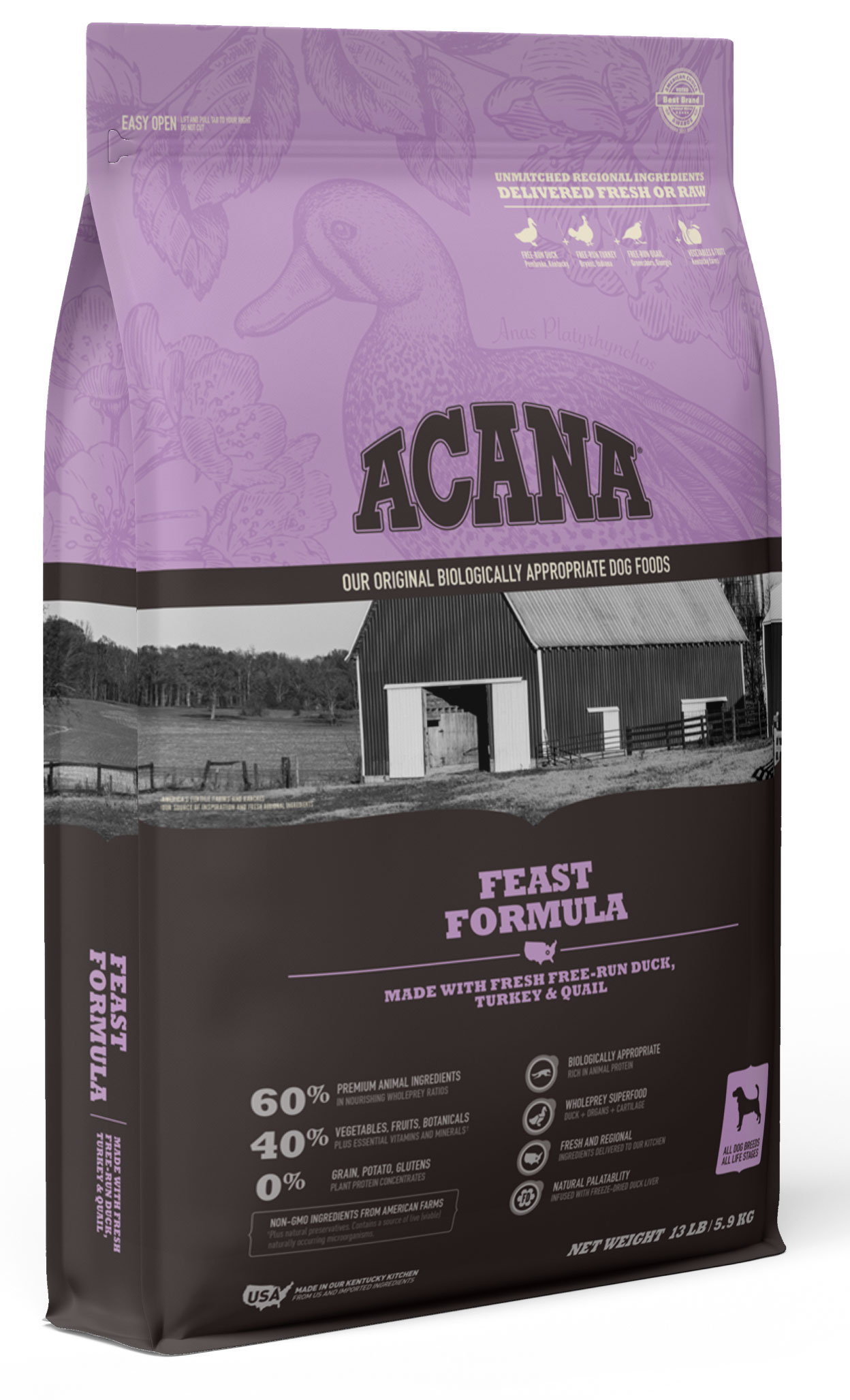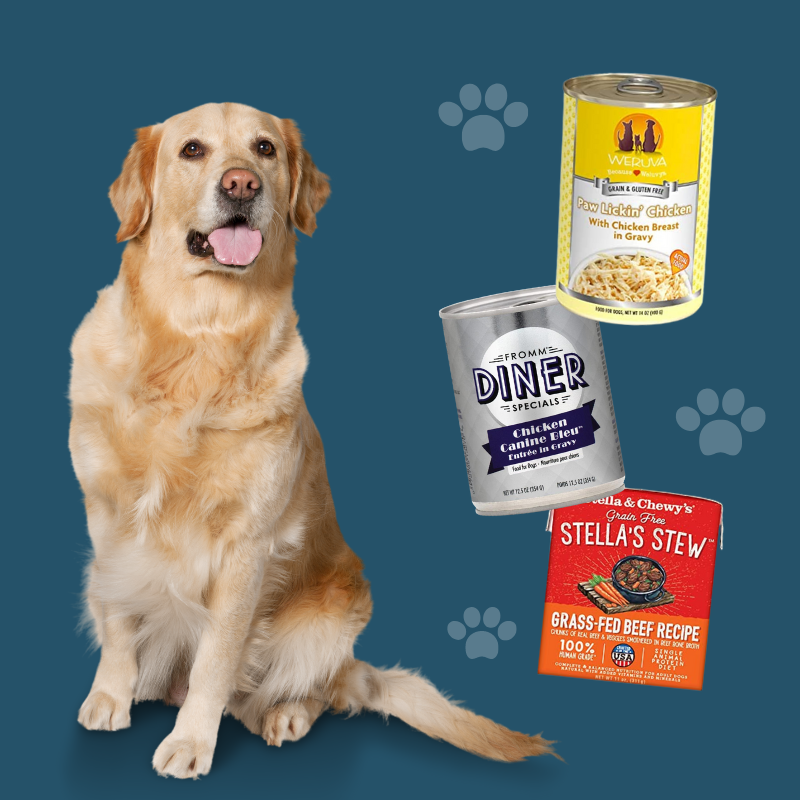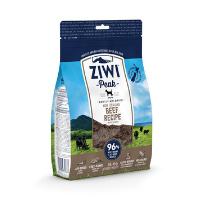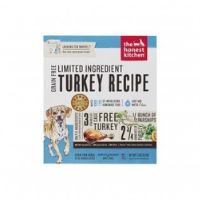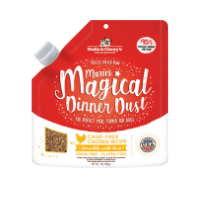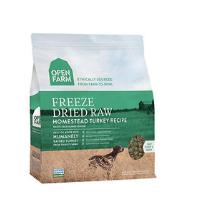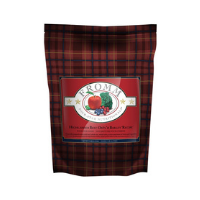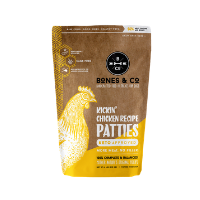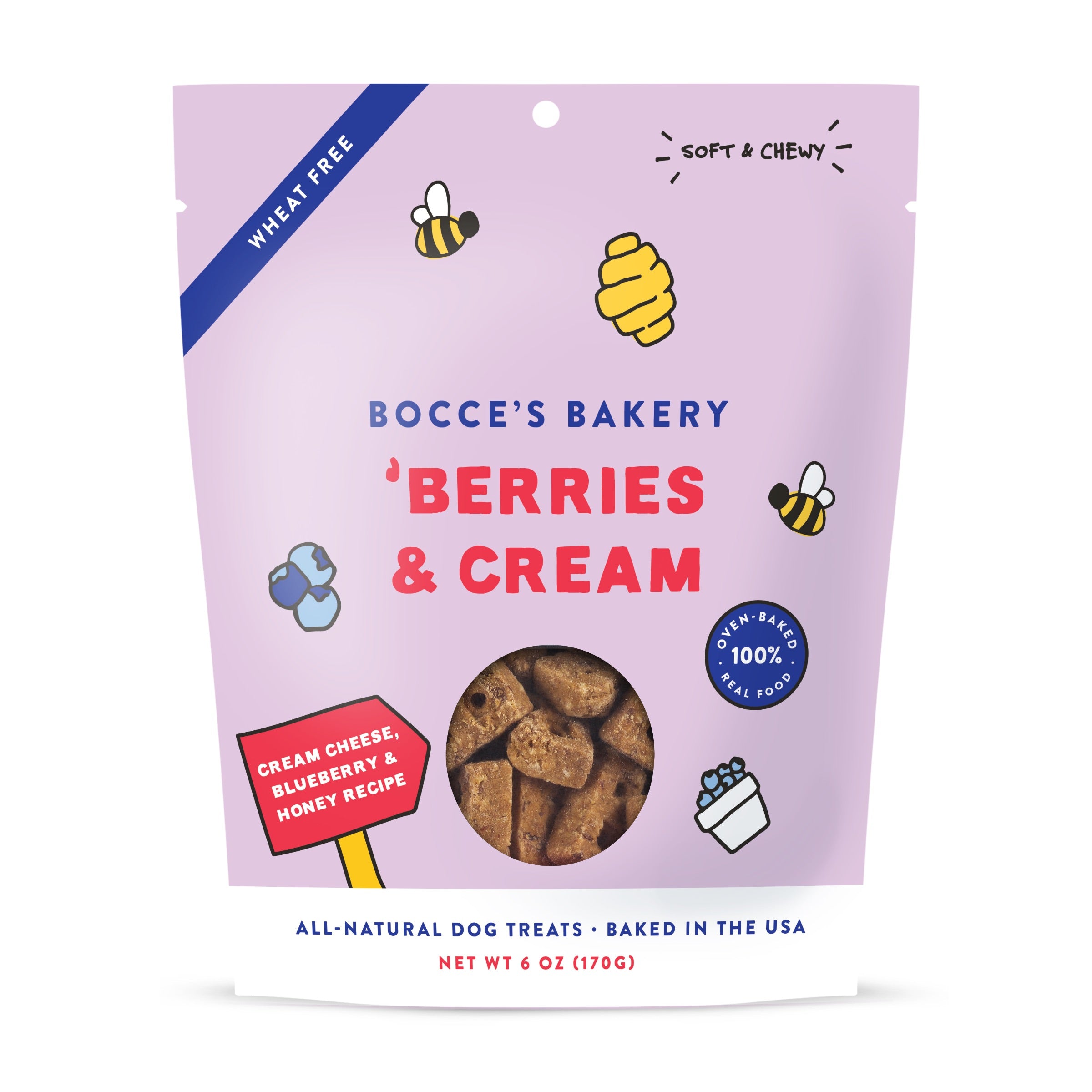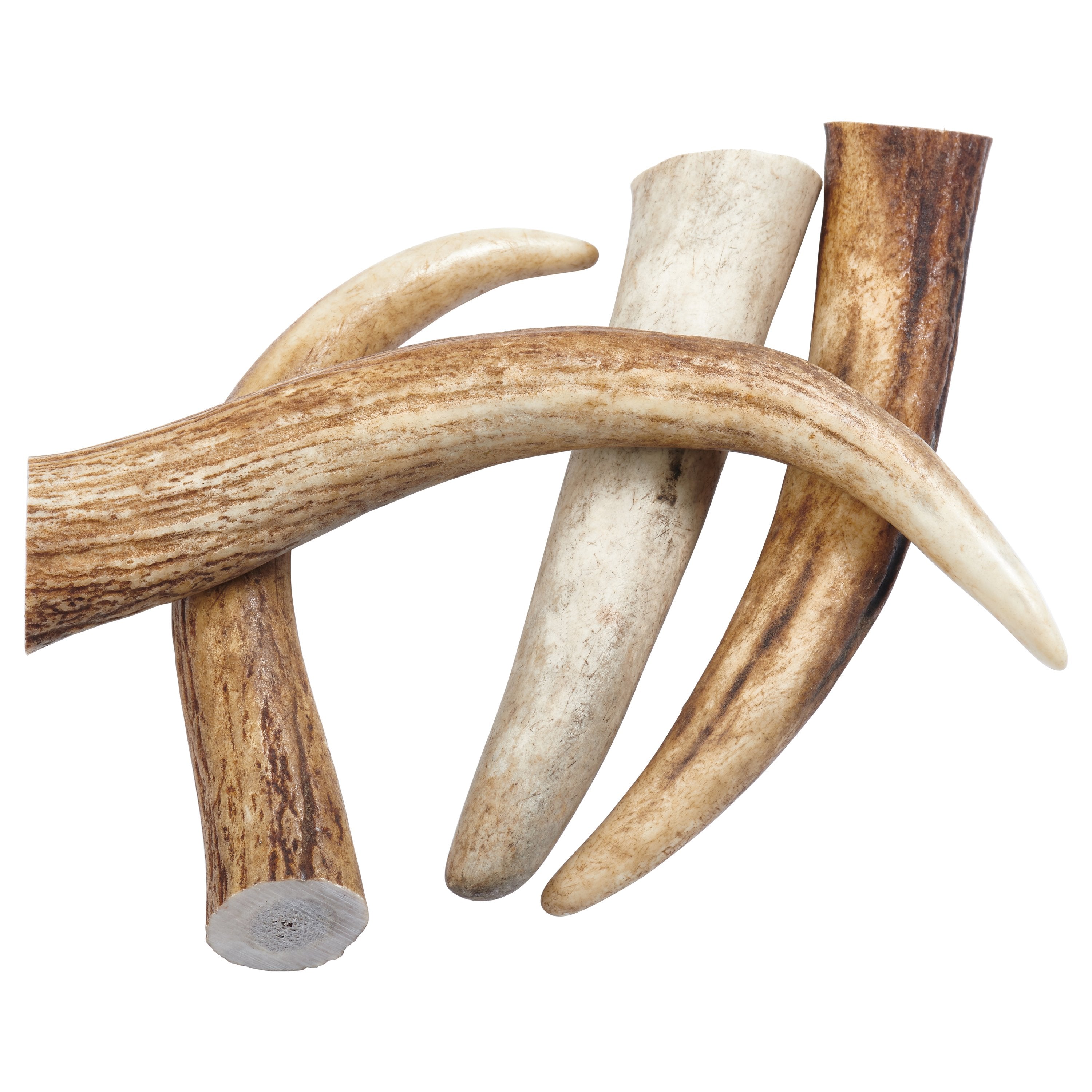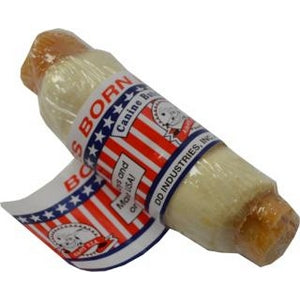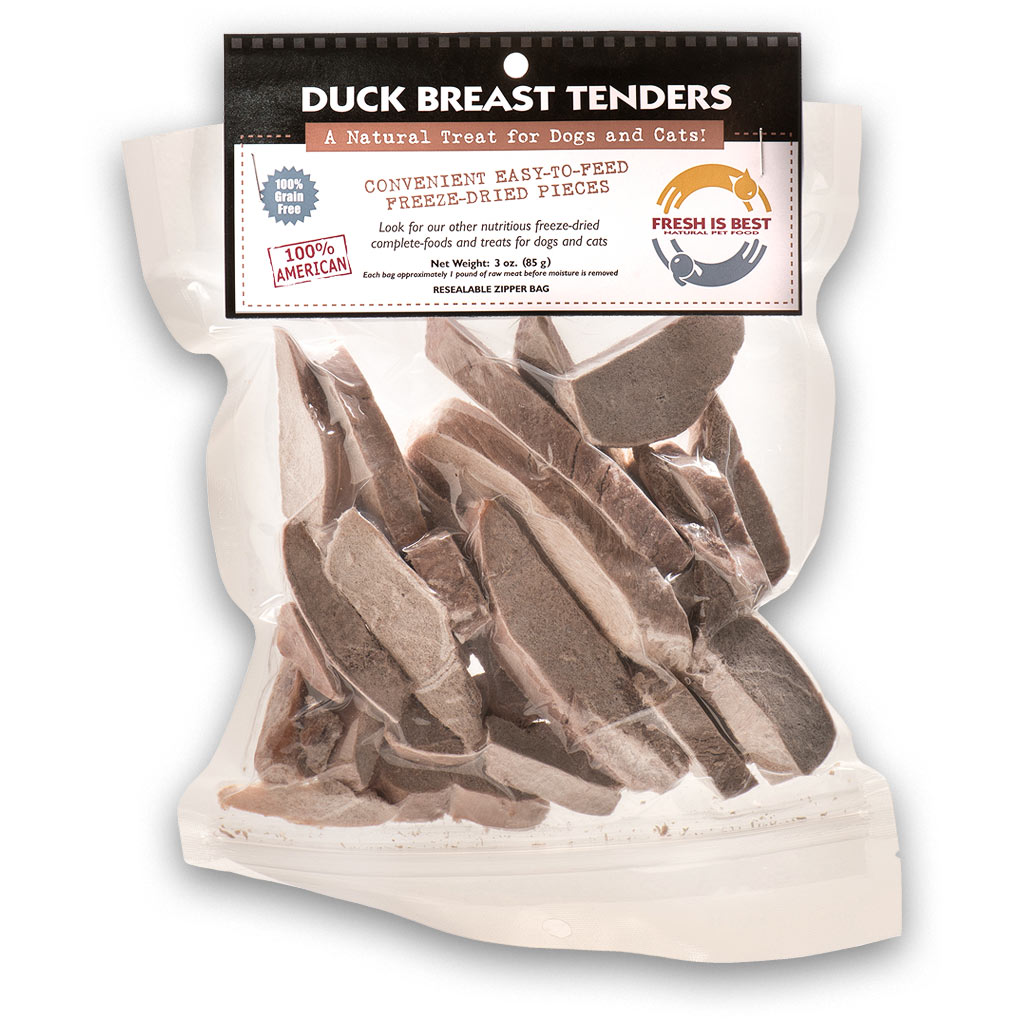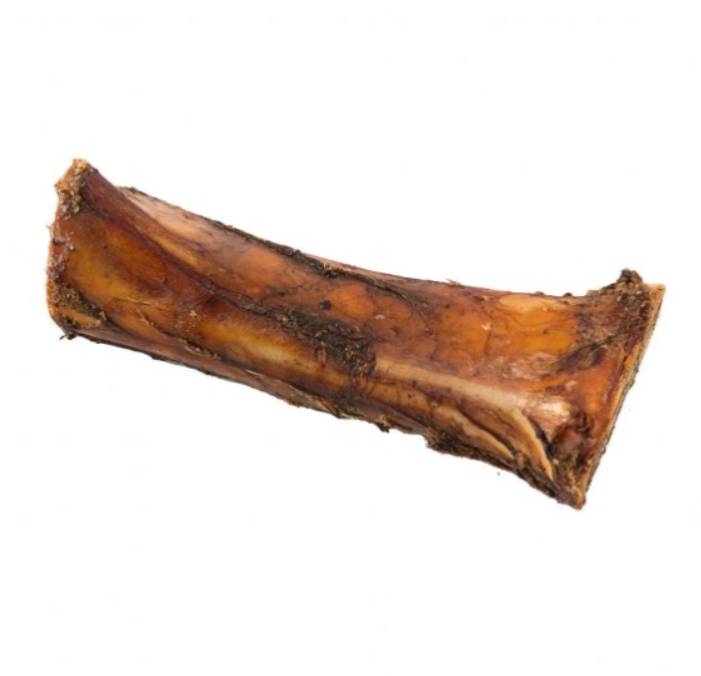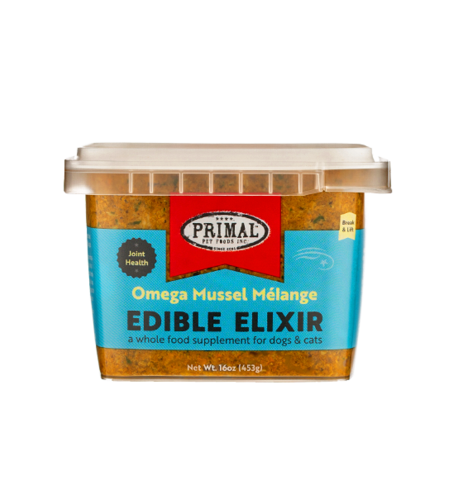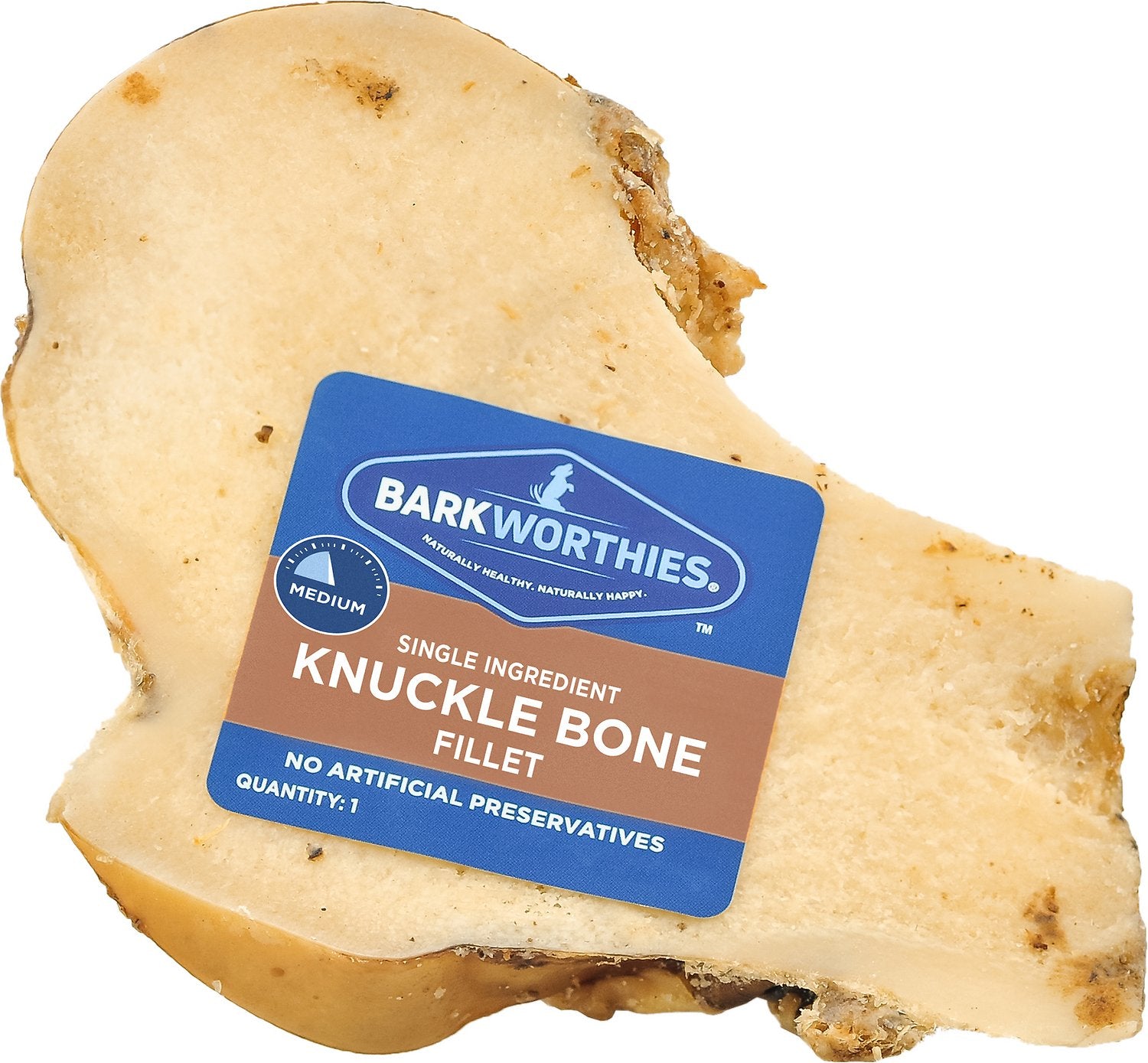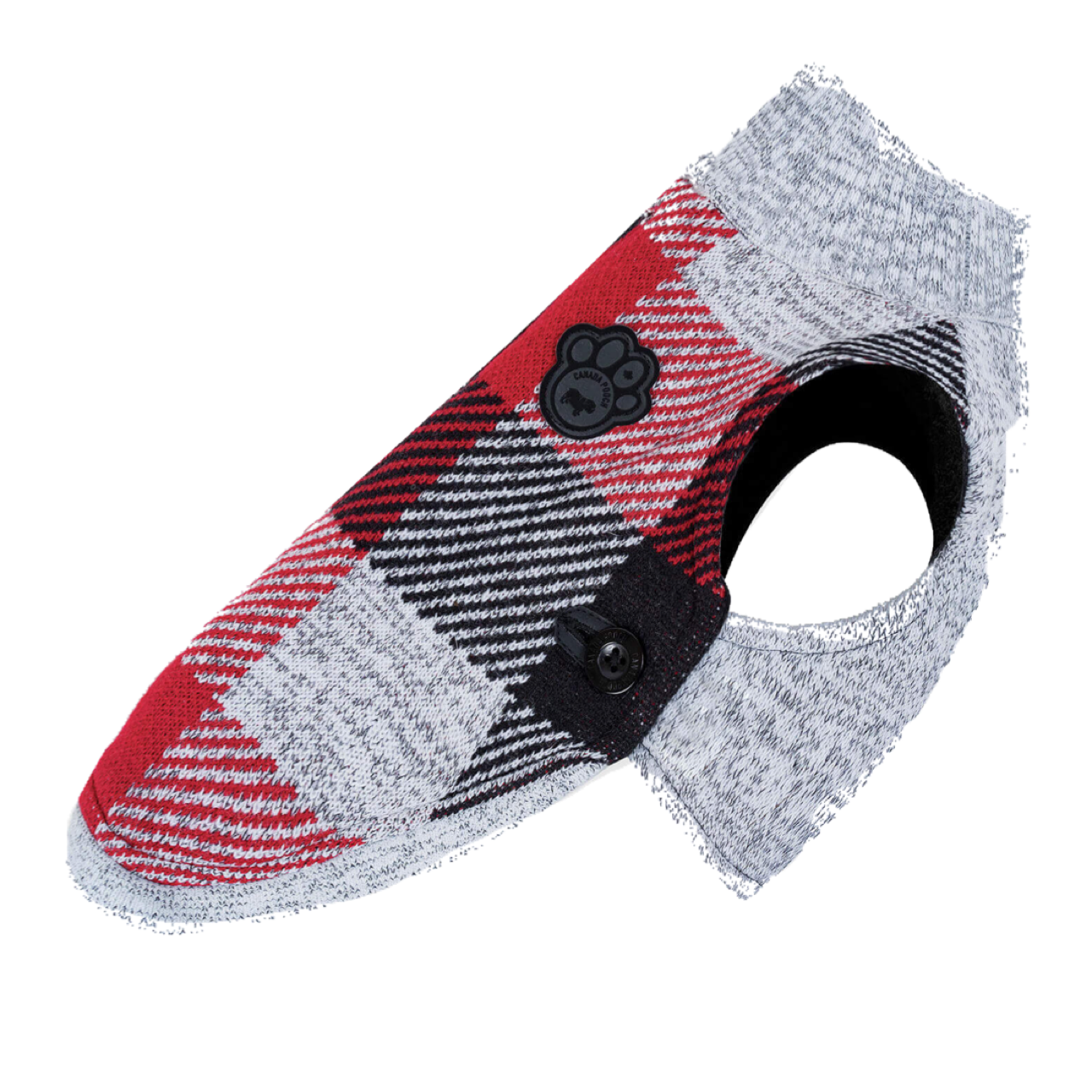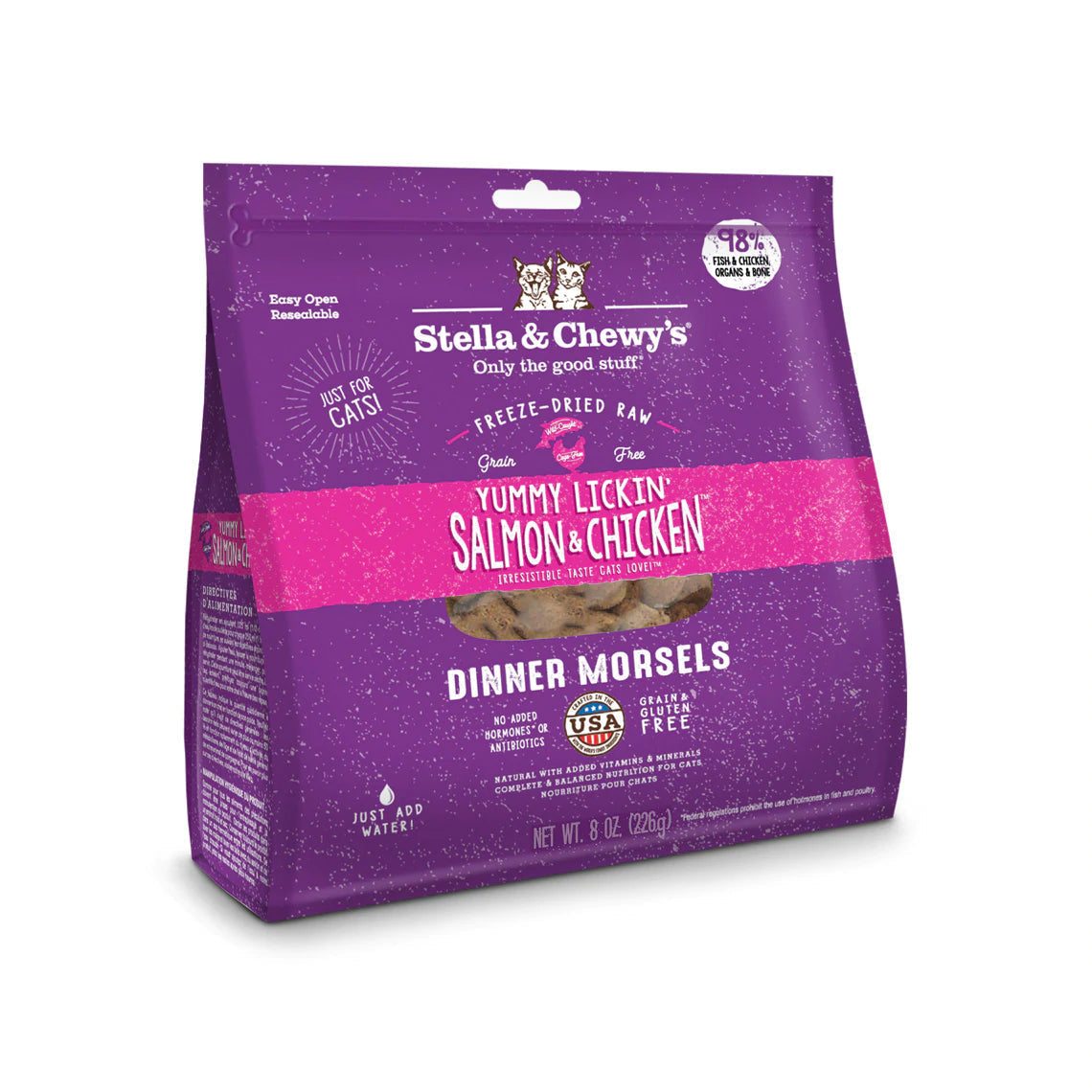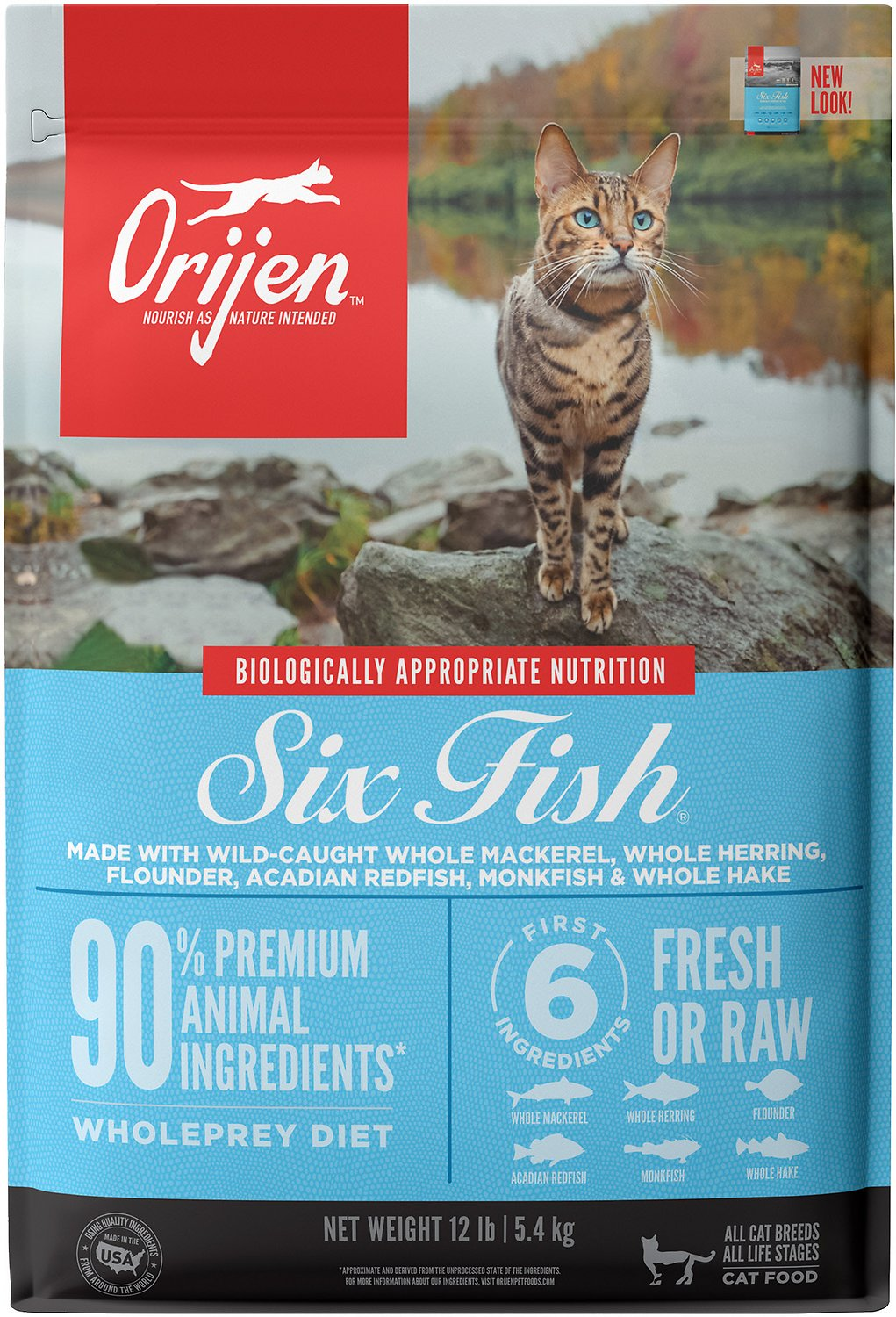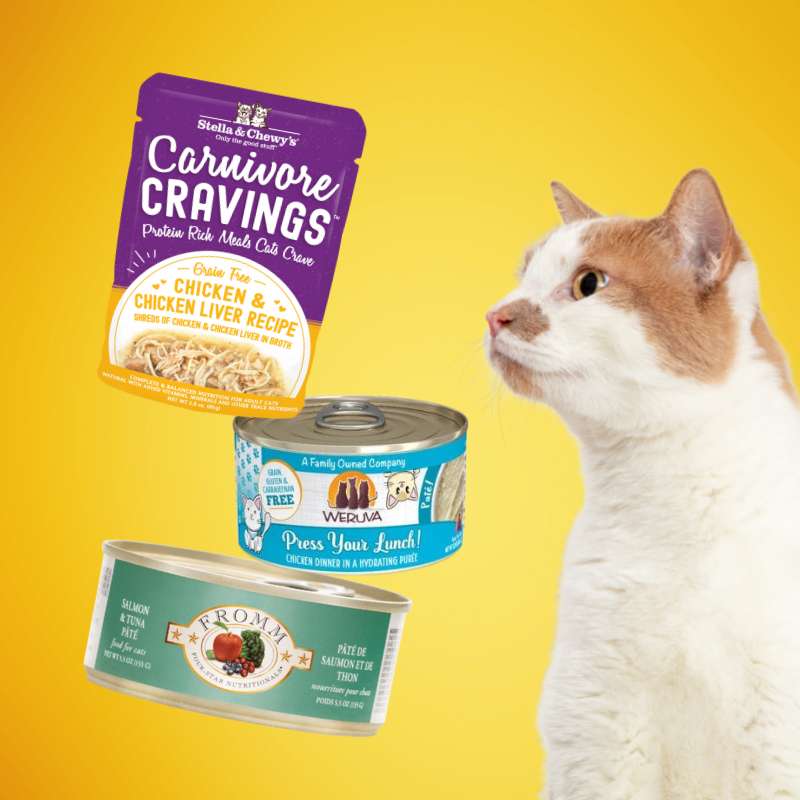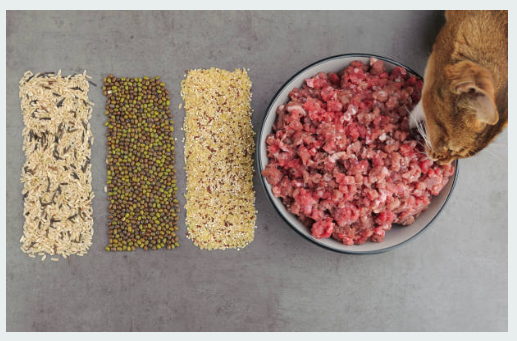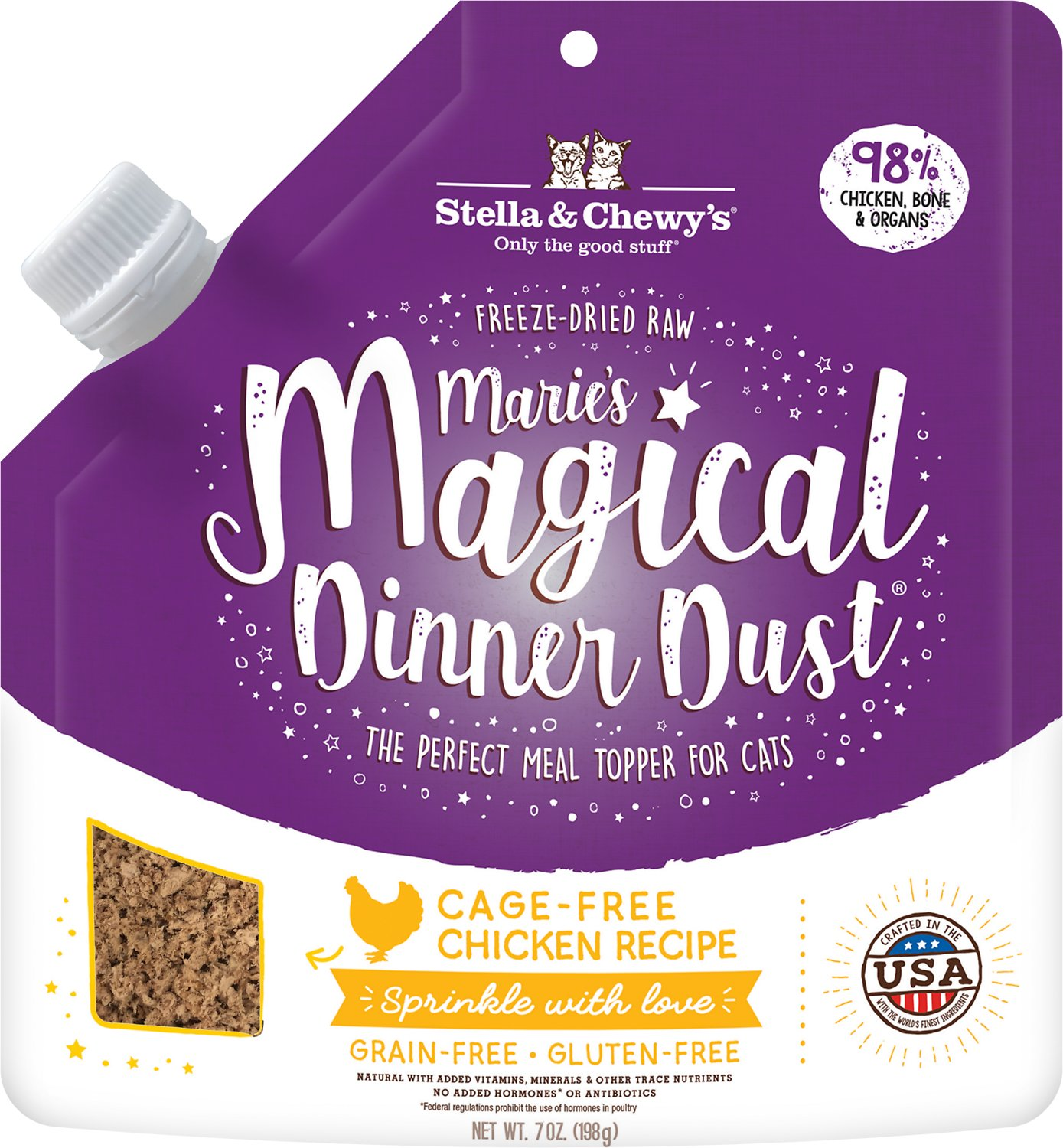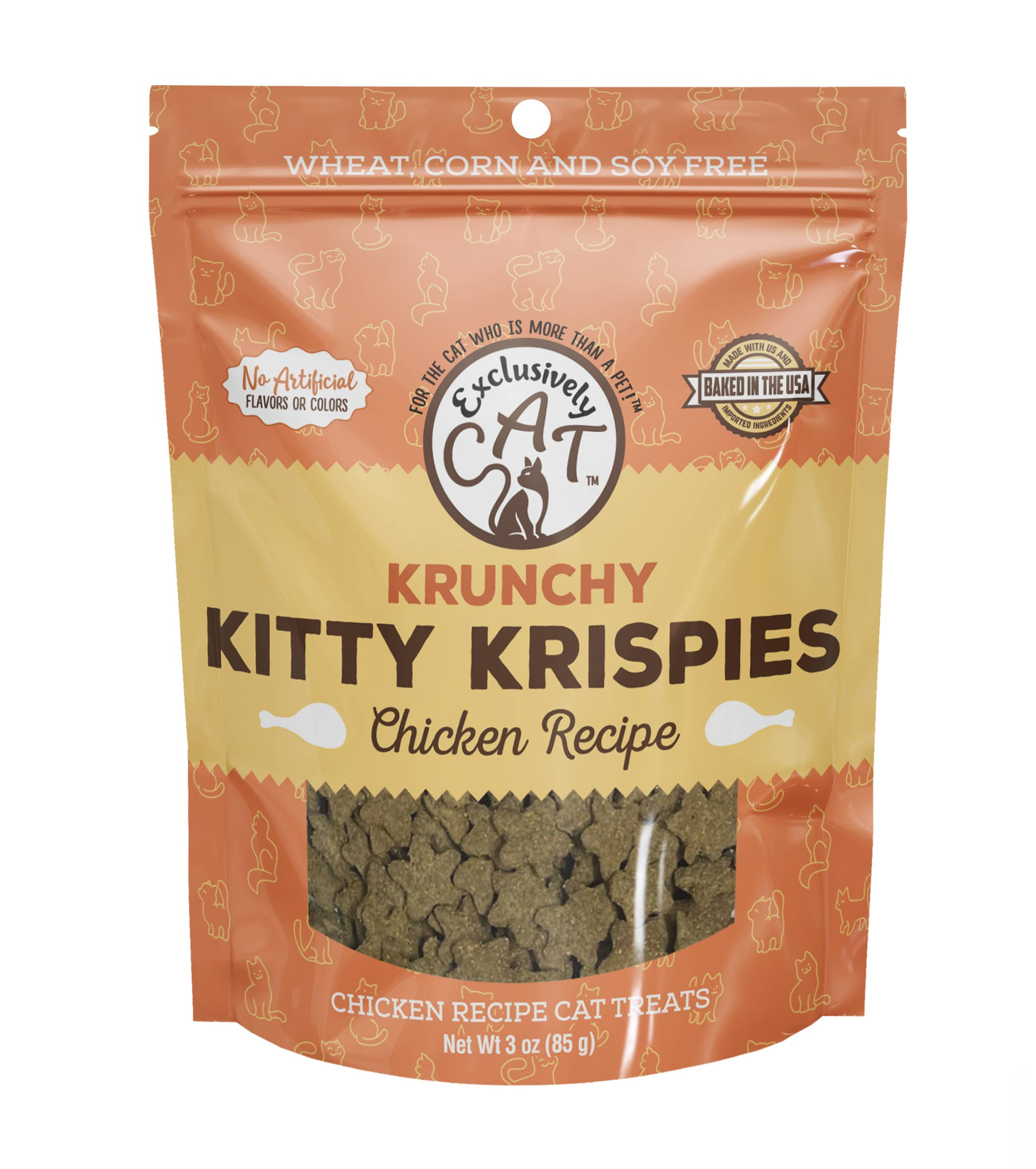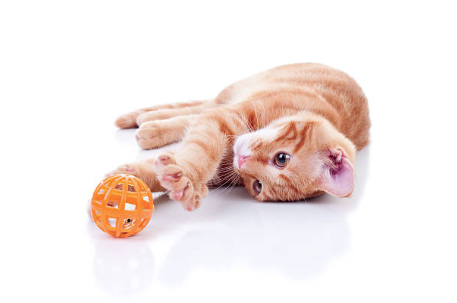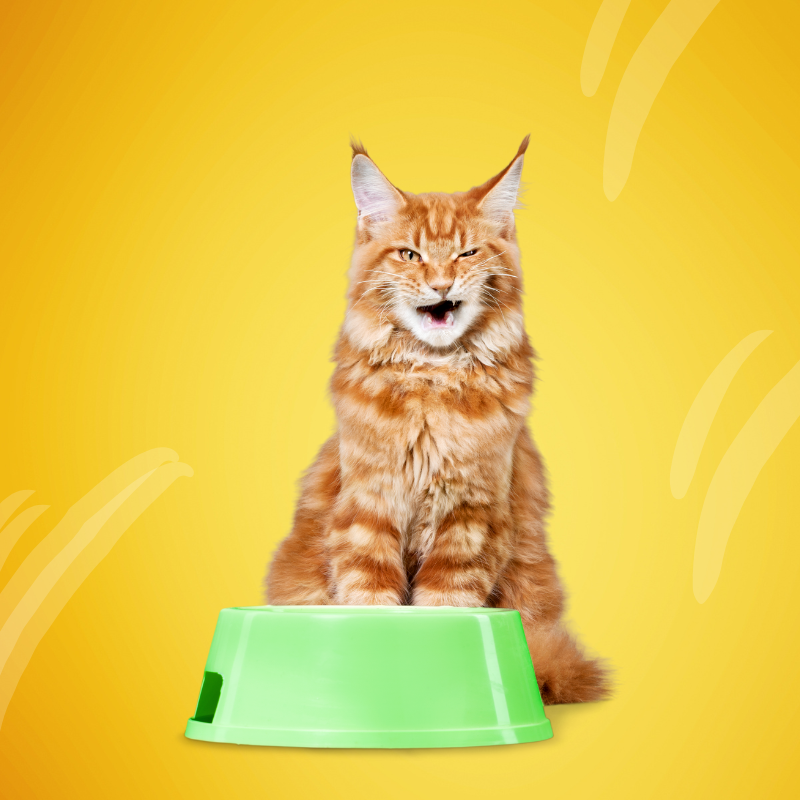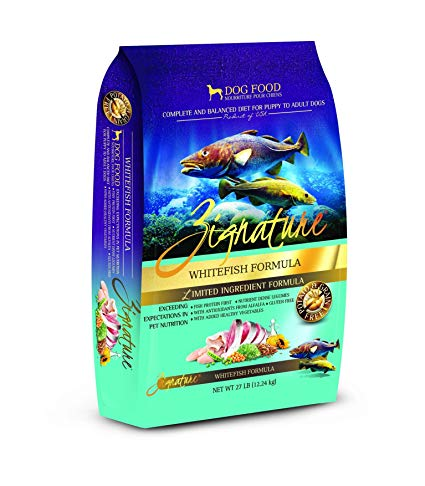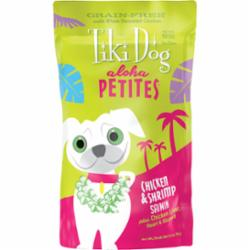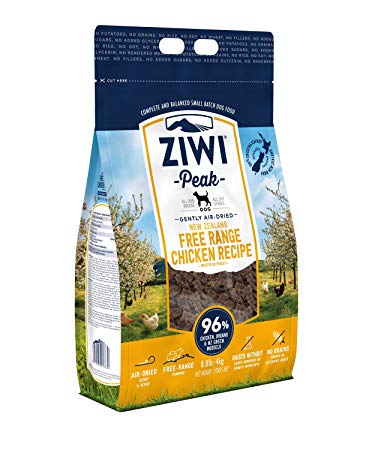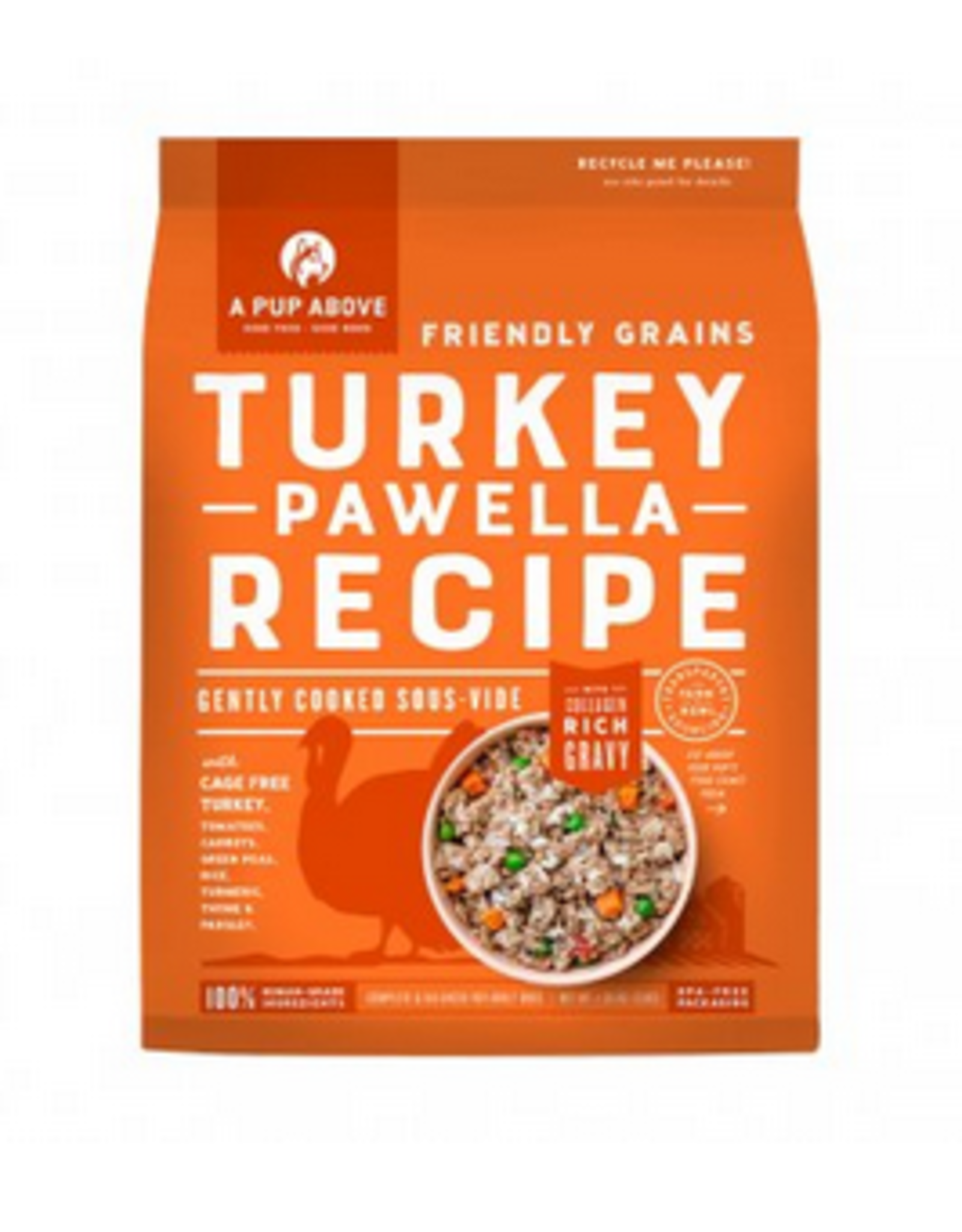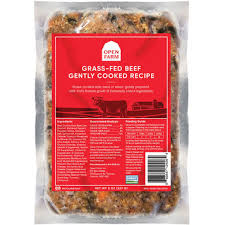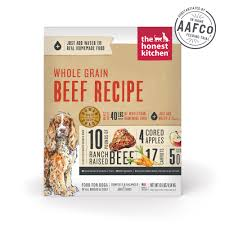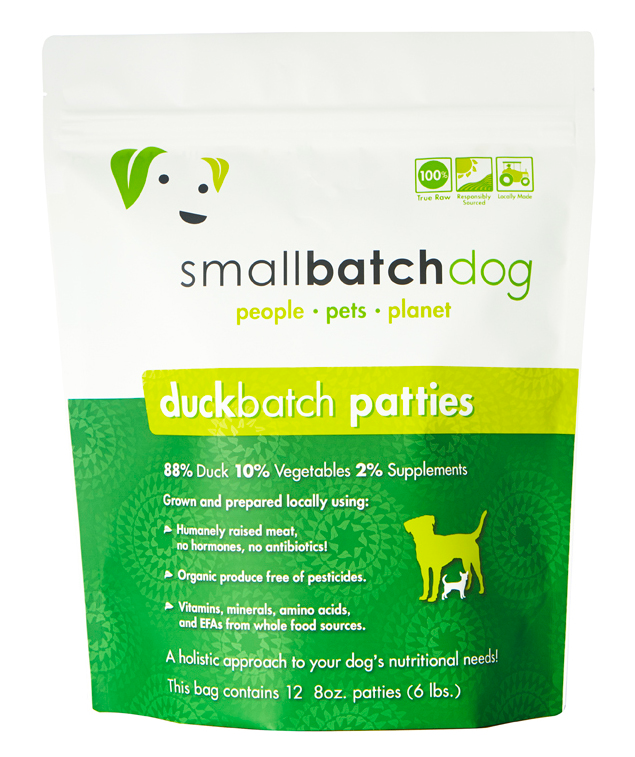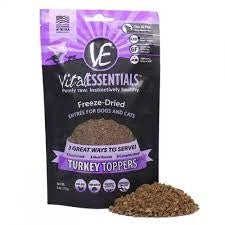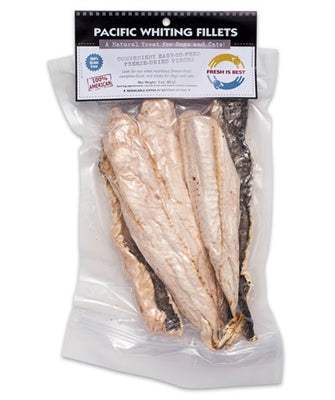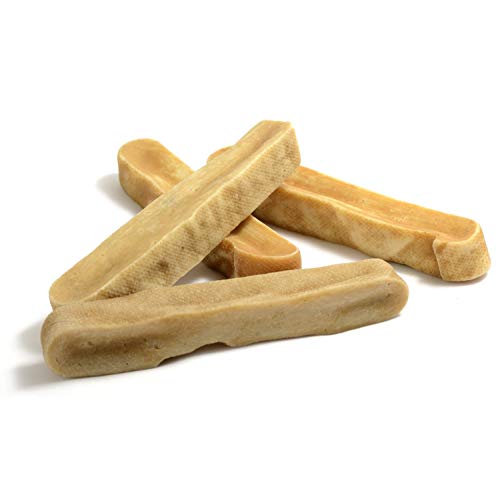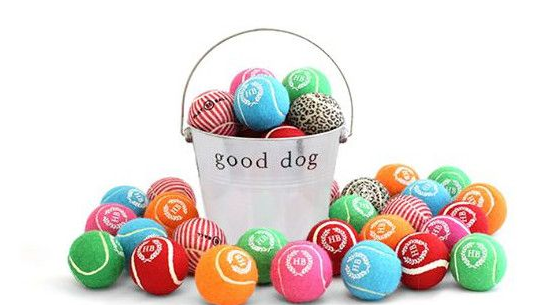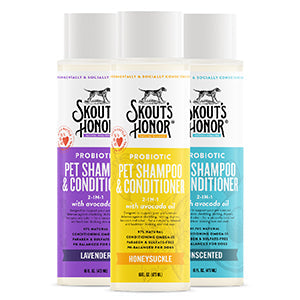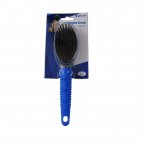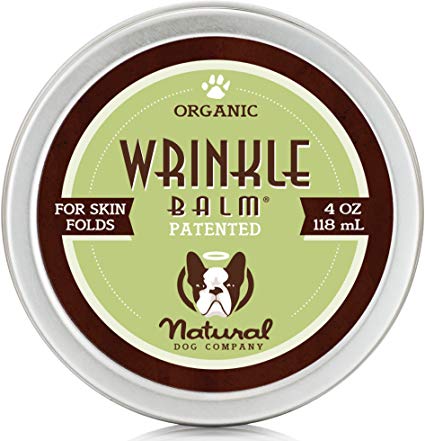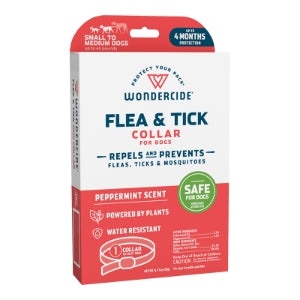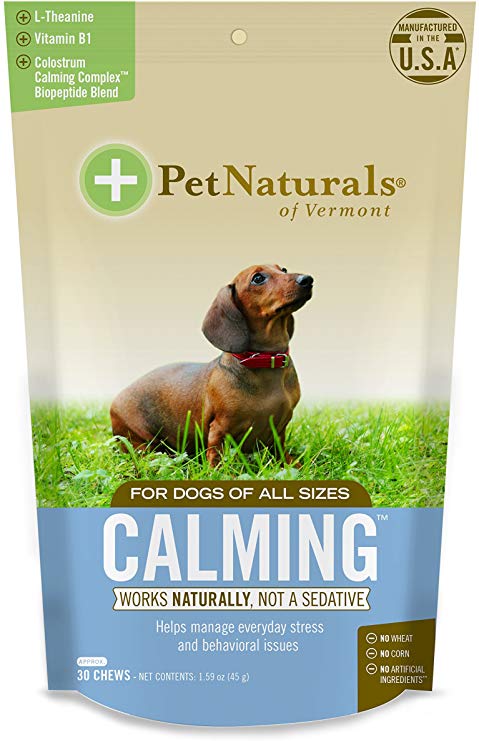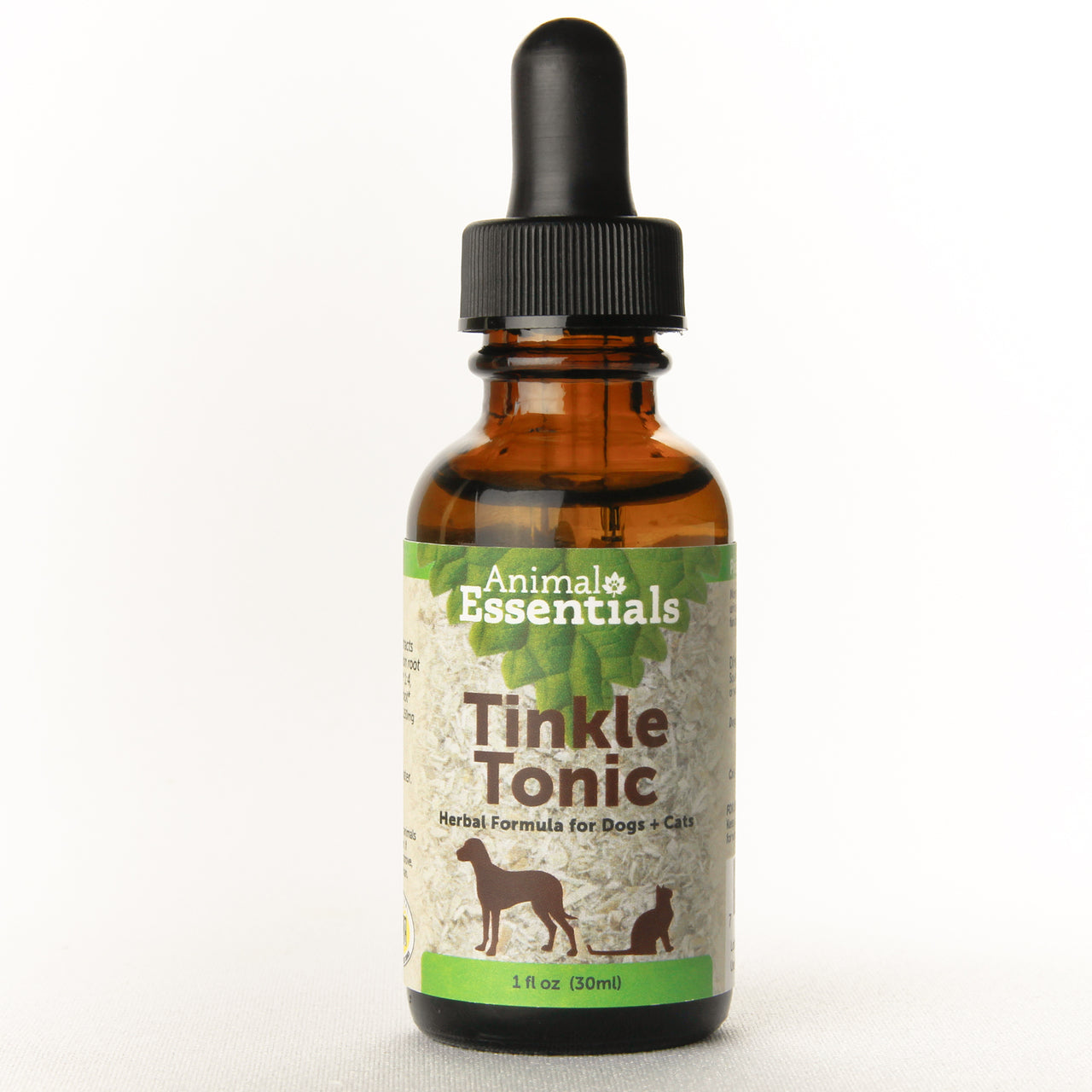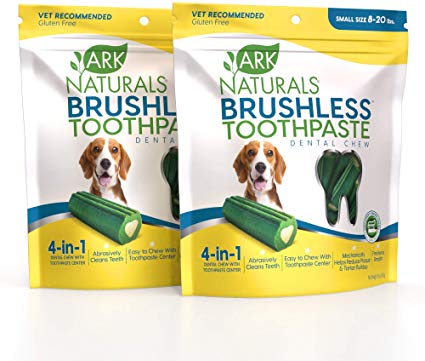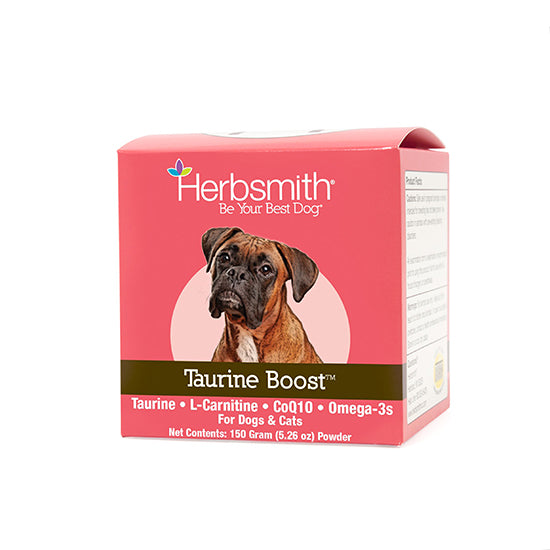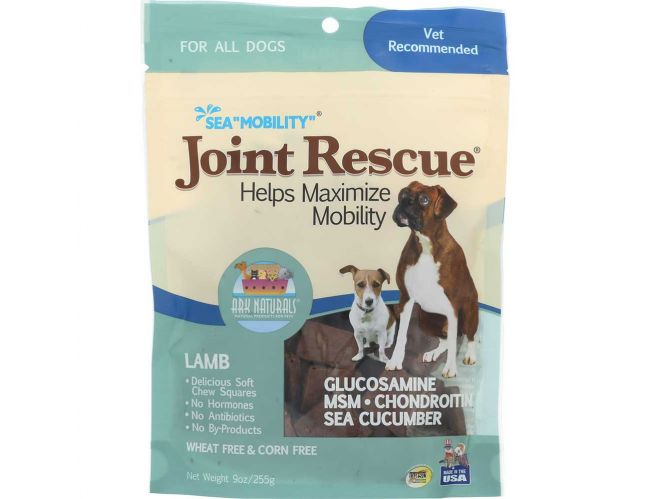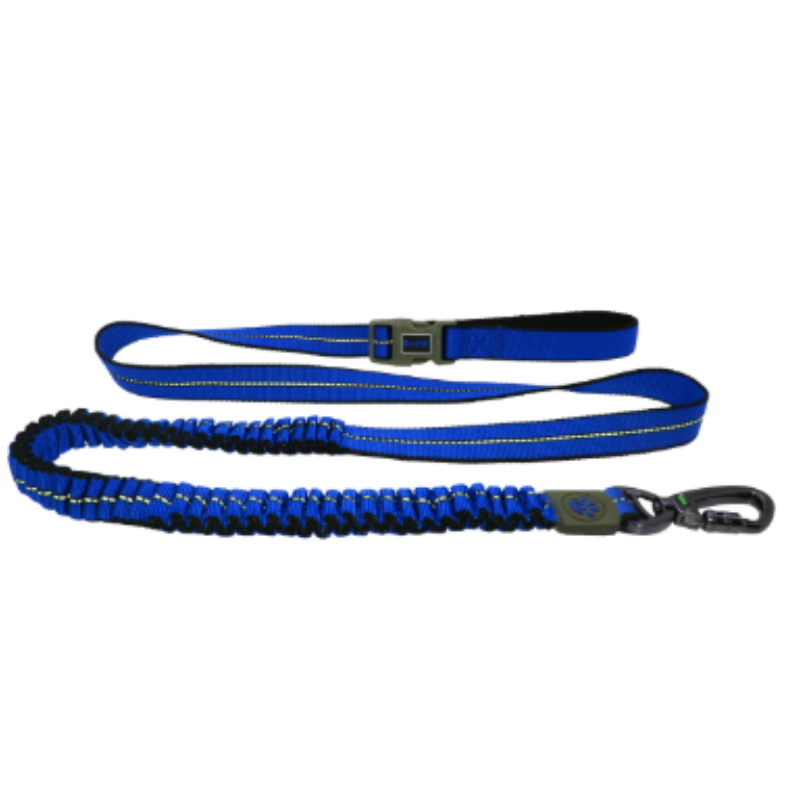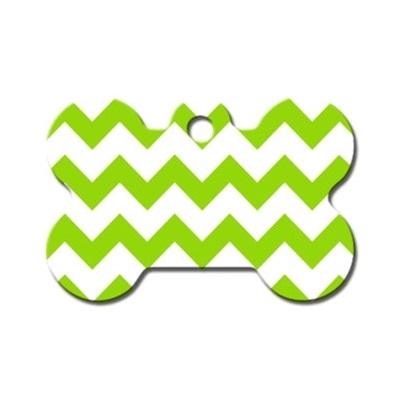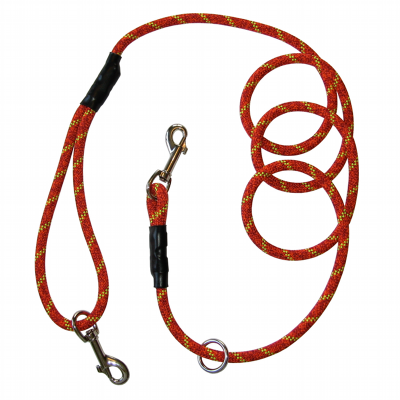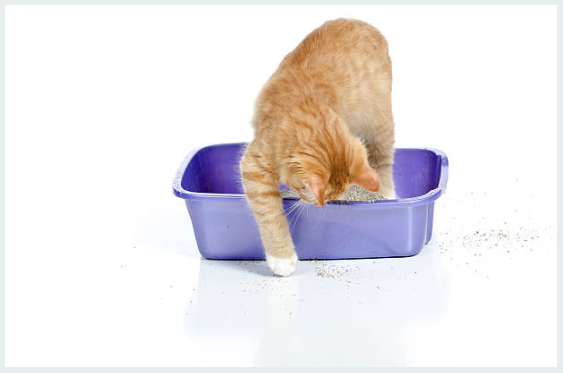BALANCE YOUR PET’S GUT

Does your pet have tummy troubles often? If so, you may want to think about implementing a long-term treatment plan rather than simply treating the symptoms as they arise! Here are a few ways to go about treating your pet’s sensitive stomach.
QUICK FIXES:
Need something that offers relief ASAP? Check out these options
- Pumpkin
- Bland diets: chicken, salmon, pork, beef, turkey
- Fast acting probiotic gel
- Scoot bars
- Gas Busters
- Fetch Fuel Belly
LONG-TERM TREATMENTS:
Check out these supplements to add to your pet’s food for long-term gut care
- Probiotics: powder, chews
- GastroCare
- Kefir
- Goat milk: powder, frozen
- Coconut oil
DIETARY CHANGES:
The best way to tackle your pet’s digestive issues is to get to the root of the problem. Your pet’s diet determines your pet’s gut health. While supplementing your pet’s current diet can help aid in better digestion, you might want to seriously consider reassessing the diet itself. Here’s a few things you may want to try out:
- Ditch the kibble. Even the most premium types of kibble still have to be cooked. Sure, some foods incorporate freeze dried ingredients (which are really great!) but at the end of the day, they’re still kibbles, and they don’t have the same nutritional benefits as less processed food options.
- Consider switching to raw foods with whole, human-grade foods. Both of these options offer more nutrients that come straight from the source - aka fresh ingredients. Raw foods carry many more nutritional benefits than their cooked alternatives, while still offering a whole, balanced diet for your pet. Raw diets already include the things that you’d have to supplement into your kibble - one of the most important being active cultures (probiotocs)! Bonus: raw diets generally tend to make your pet’s poop smaller and less stinky because they’re absorbing more nutrients from the ingredients!




